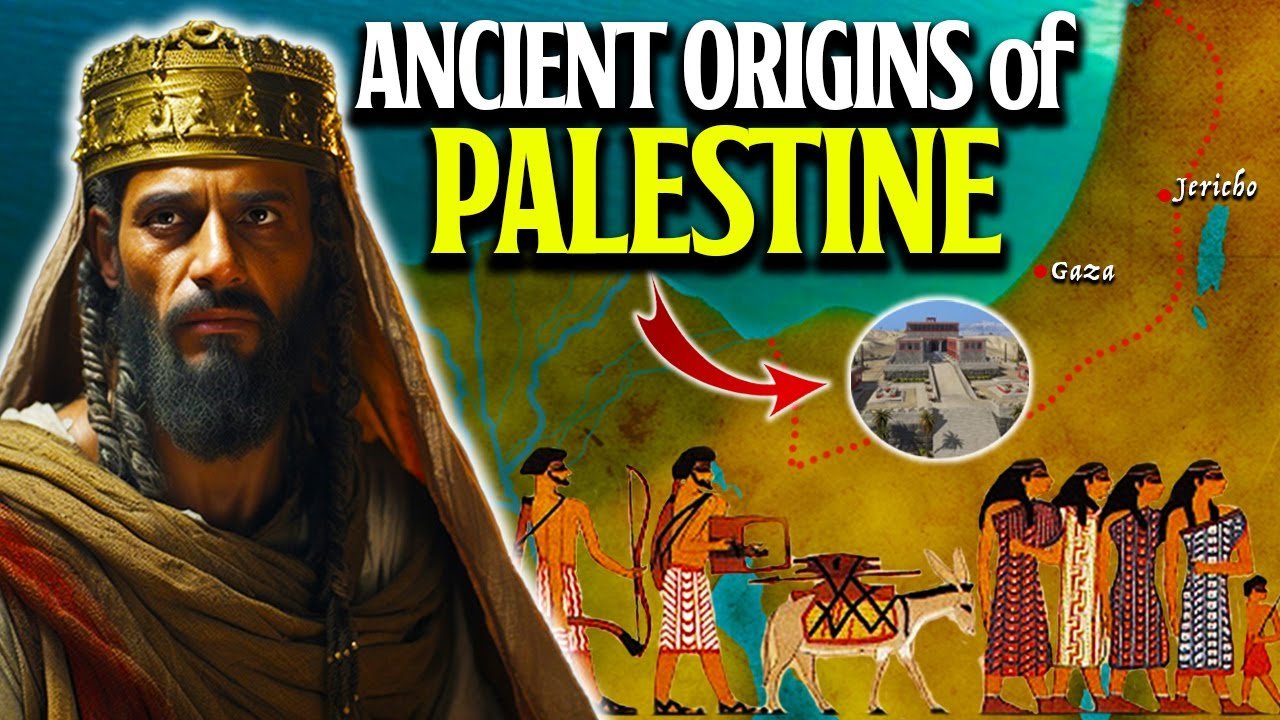The region now known as Palestine has been inhabited for thousands of years and has a rich history stretching back to the earliest days of civilization. The area was historically significant as it was a nexus point between multiple empires that have controlled the region throughout the centuries. Palestine largely came into existence in the 20th century, influenced by the decline and eventual collapse of the Ottoman Empire, which had controlled much of the Arab world since the 16th century. The name Palestine can be traced back to the Roman Empire, when the Roman army arrived in the region in 63BC and captured Jerusalem after a 3-month siege.
The Romans ruled Judea, now part of Palestine, with a heavy hand, and tensions escalated due to religious and cultural differences, culminating in a series of revolts that ended with the Roman destruction of the second temple in Jerusalem in 70CE. Both Jewish and Palestinian ancestries share connections to the diverse ancient tribes of the Bronze Age Levant, and their identities have been shaped by numerous additional factors over the centuries, including religion and culture. Palestinian people have been referring to themselves as Palestinians since 1964, before which they referred to themselves as Arabs.







